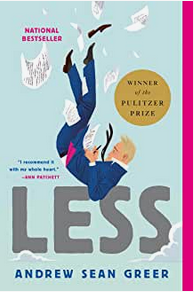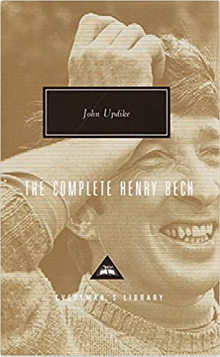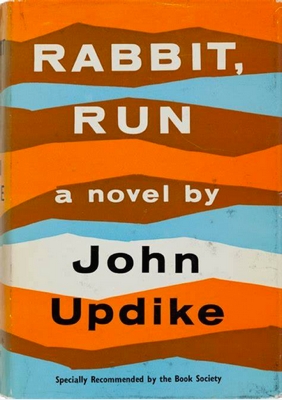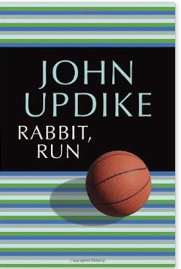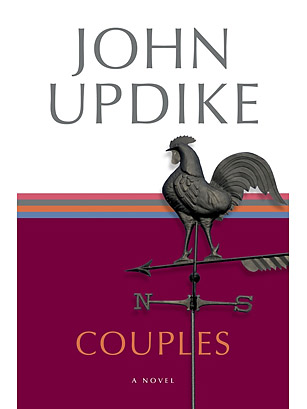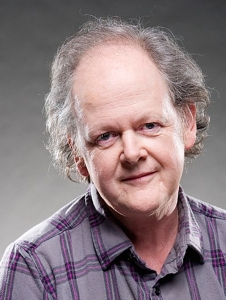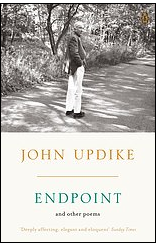Keziah Weir recently published a piece in Vanity Fair revealing “8 Books We Couldn’t Put Down This Month.” And what better fall reading is there than that Updike fall guy, Henry Bech—Updike’s Nobel Prizewinning Jewish alter ego, who tends to get in the same kind of awkward situations as Larry David?
The “we” includes Pulitzer Prizewinning novelist Andrew Sean Greer, who tells Weir that he “felt a certain kinship with other writers who returned to the same character and voice again and again: ‘Most obviously for me is John Updike, his Rabbit books and his Bech books. Much more the Bech books, because there, John Updike seems to be just having a really good time, and I think those are more successful, looking back, than the Rabbit books, which just seem too misogynous to read. The Bech books are still a hoot.'”
Greer, who wrote Less and the sequel Less is Lost, also talks comparatively about Philip Roth and Updike before adding, “Finding a voice you want to always write in is just . . . You don’t want to let go of that for something else.” Maybe that explains why Updike chose to keep writing Rabbit novels and even a novella after his character’s death, and why Roth wrote about Nathan Zuckerman in “half his books.”

